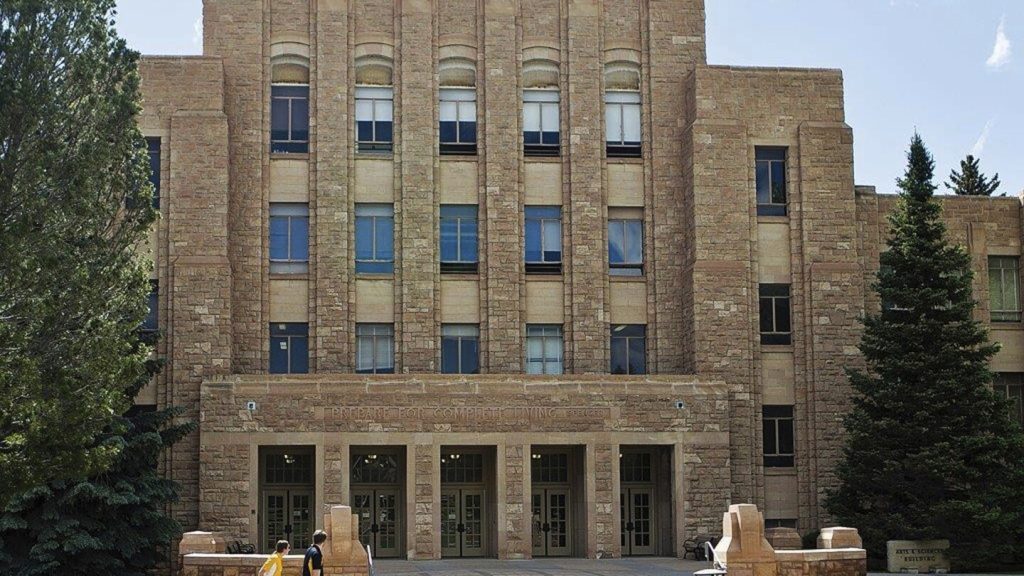The U.S. appeals court in Denver is set to hear arguments in a lawsuit brought by six members of a University of Wyoming sorority challenging the admission of a transgender woman into their local chapter. The judge in Wyoming previously ruled in favor of allowing the transgender woman, Artemis Langford, to join the sorority, citing sorority bylaws that do not explicitly define who is considered a woman. However, the six sorority sisters are appealing this decision, arguing that sorority leaders should not have the authority to override the bylaws and admit a transgender woman.
The lawsuit centers on whether sorority rules allow for transgender women to be members, and the discomfort that some members felt with Langford’s presence in the sorority house in Laramie, Wyoming. Despite the concerns raised by the local chapter members, the sorority leaders ultimately decided to admit Langford after a vote. The appeal contends that the judge’s ruling gave too much deference to sorority leaders in defining who can be a member, and that the bylaws should be upheld to exclude transgender women.
The appeal in the 10th Circuit Court of Appeals in Denver does not include Langford as a defendant, focusing instead on the national Kappa Kappa Gamma sorority and its president, Mary Pat Rooney. The lawsuit has brought attention to the broader issue of transgender acceptance on college campuses, as the sorority sisters involved in the case plan a rally at the courthouse to advocate for preserving the tradition of sisterhood within their sorority. The case highlights the ongoing tensions between those advocating for greater inclusion of transgender individuals and those who resist these changes.
Transgender rights have become a major topic of conversation in schools, athletics, workplaces, and other areas, as transgender individuals seek equal treatment and opportunities. The case at the University of Wyoming reflects the larger societal debate over how gender is defined and who has the authority to determine membership criteria in private organizations. The outcome of the appeal could have far-reaching implications for transgender individuals seeking to participate in traditionally gender-specific groups, such as sororities, and may set a precedent for future cases involving transgender rights and discrimination.
As the legal battle continues, the voices of both the transgender community and those pushing back against greater acceptance are being amplified through the media coverage of the case. The rally planned by the sorority sisters underscores the emotional stakes involved in the dispute, as members grapple with questions of identity, inclusion, and tradition within their organization. The court’s decision will be closely watched by advocates on both sides of the issue, as it has the potential to shape the future of transgender rights and representation in college settings and beyond.


